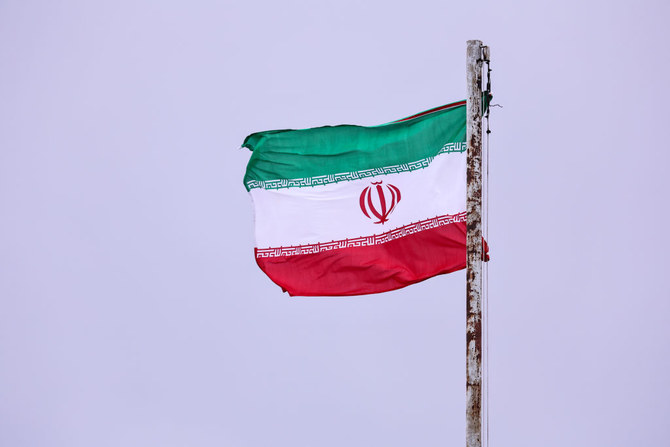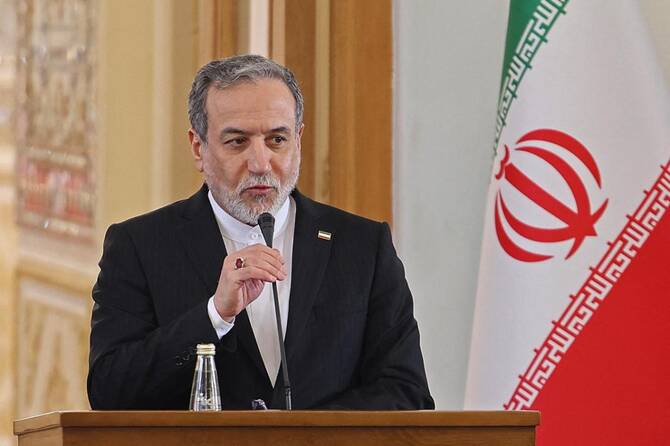WASHINGTON: Iran on Saturday strongly condemned a call by France, Germany and Britain for the United Nations to probe accusations Russia has used Iranian-origin drones to attack Ukraine, the official IRNA news agency quoted a foreign ministry spokesperson as saying.
Nasser Kanaani said Friday’s call by the so called E-3 group of countries was “false and baseless” and that it was “strongly rejected and condemned.”
In a letter signed by their UN envoys and seen by Reuters, Britain, France and Germany backed Ukraine’s call on Monday for such a probe, arguing the drone use breached UN Security Council Resolution (UNSCR) 2231 endorsing the 2015 Iran nuclear deal.
Separately, US Secretary of State Antony Blinken said Washington still believes diplomacy was the best way to rein in Tehran’s nuclear program but saw no chance “in this moment” to revive the 2015 deal because of Iran raising “extraneous” issues.
“With or without a deal we will continue to take every step necessary to deal with Iran’s activities, Iran’s aggression, whether it’s in the Middle East or beyond,” he said at a news conference with French Foreign Minister Catherine Colonna. “We are seeing that now with the provision of (drones) to Russia.”
Ukraine says Russia has used Iranian-made Shahed-136 attack drones that cruise toward their target and explode on impact.
Tehran denies supplying the drones to Moscow — an assertion Washington says is untrue — and Russia has denied its forces used Iranian drones to attack Ukraine.
“We would welcome an investigation by the UN Secretariat team responsible for monitoring the implementation of UNSCR 2231,” Britain, France and Germany, a group known as the E3, said in the letter.
It was not clear what practical impact such a probe might have on Iran or Russia, which as a permanent Security Council member could veto any effort to impose consequences.
UN Secretary-General Antonio Guterres reports twice a year to the Council — traditionally in June and December — on the implementation of the 2015 resolution. Any assessment of the drones in Ukraine would likely be included in that report.
Another possibility is that participants in the 2015 nuclear deal — which Iran struck with Britain, China, France, Germany, Russia and the United States — could use a UN mechanism to “snap back” sanctions on Tehran.
To trigger “snapback,” a party to the deal, under which Iran curbed its nuclear program in return for relief from economic sanctions, would submit a complaint about Iran breaching it to the Council.
The Council would then have to vote within 30 days on continuing Iran’s sanctions relief. If such a resolution is not adopted by the deadline, all UN sanctions in place before the nuclear deal would be automatically reimposed.
This would require Iran to suspend all nuclear enrichment-related and reprocessing activities, including research and development, and ban imports of anything that could contribute to those activities or developing nuclear arms delivery systems.
It would also reimpose a conventional arms embargo, ban Iran from developing ballistic missiles capable of delivering nuclear weapons and revive targeted sanctions on dozens of individuals and entities. Countries also would be urged to inspect shipments to and from Iran and authorized to seize any banned cargo.
“Snapback” would also likely kill off efforts to revive the 2015 deal, which then-US President Donald Trump abandoned and which his successor Joe Biden has sought to resurrect.














